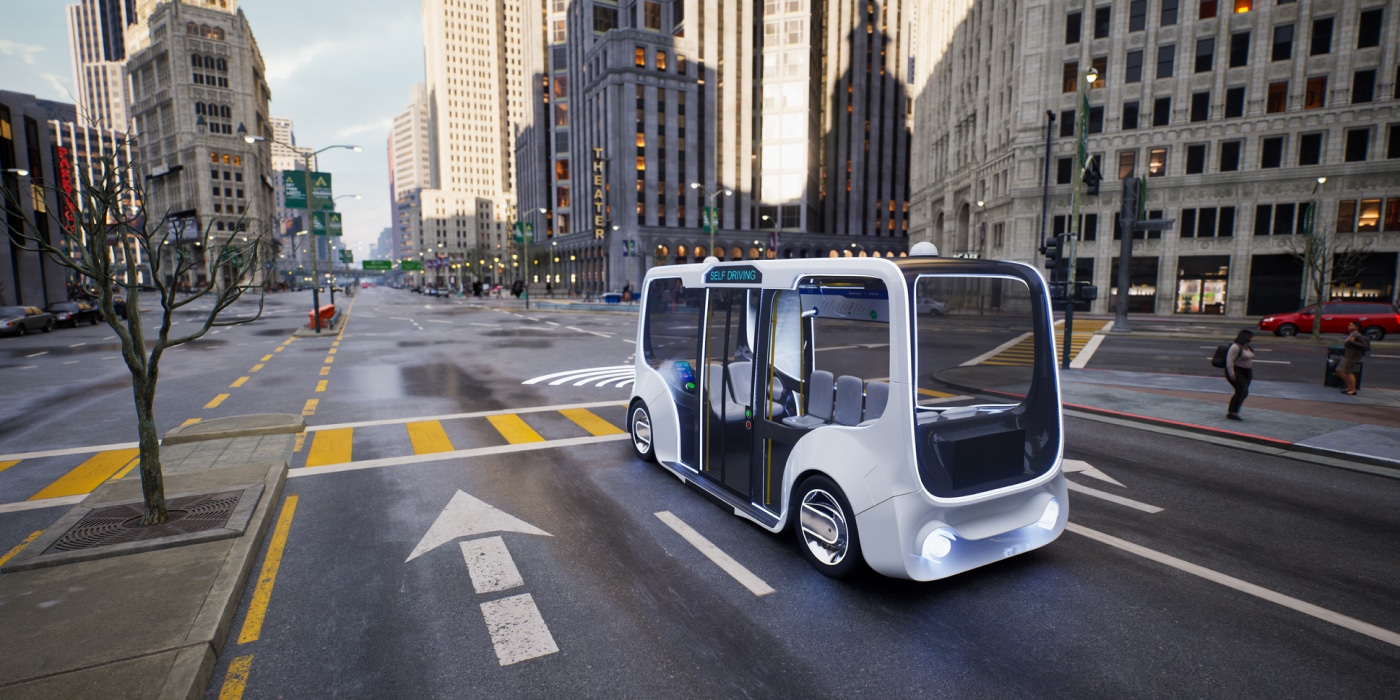Beyond Ownership: Exploring New Mobility Solutions for Consumers
In recent years, the automotive industry has witnessed a rapid transformation in the way people move from one place to another. With advancements in technology and changing consumer preferences, new mobility solutions have emerged, offering innovative alternatives to traditional modes of transportation.
In the past, we were more likely to own our own cars, but today we are increasingly turning to shared mobility solutions and sustainable mobility options. This is due to a number of factors, including the rising cost of car ownership, the growing popularity of urban living, and the increasing awareness of environmental concerns.
Here’s a look at some new mobility solutions and explore how they are reshaping the way consumers travel.
Ride-Hailing
Ride-hailing platforms such as Uber and Lyft have revolutionized the way people travel within cities. With just a few taps on a smartphone, consumers can easily book a ride and be picked up by a nearby driver. This on-demand service provides convenience, cost-effectiveness, and flexibility, reducing the need for individual car ownership and promoting shared mobility.
Ride-hailing apps are an increasingly popular way to get from point A to point B. The global ride hailing services market is expected to reach $104.93 billion by 2030, according to a new report from ResearchandMarkets.com. On-demand transportation services and a lower rate of car ownership among millennials are driving the growth of the ride-hailing market. Also, buying a new car and maintaining it are getting more expensive. Consumers’ inclination to avoid large overhead costs of car ownership and its maintenance, coupled with the increasing traffic congestion and lack of parking spaces is resulting in a rise in demand for ride-hailing services.

Car-Subscription Services
Car subscription services offer consumers the convenience and flexibility to access vehicles without the commitment of long-term ownership. With a monthly subscription fee, users can choose from a fleet of vehicles and switch between models as needed. Subscription models also provide access to a range of features and services, from seat warmers to in-car entertainment. These features allow customers to enjoy a more personalized driving experience, tailored to their specific needs.
For auto manufacturers, car subscription services can provide a new revenue stream as well as valuable data on customer usage and preferences. By analyzing usage data, businesses can gain insights into customer behavior, preferences, and patterns. For example, by tracking usage data, a car manufacturer can determine which features or services are being used the most. This can help automakers identify which features are most important to their customers, and which ones can be removed or modified.
Electric Scooters and Bikes
Electric scooters and bikes have become increasingly popular as sustainable and efficient modes of transportation in urban areas. Consumers can easily rent these vehicles through smartphone apps and cover short distances without contributing to traffic congestion or carbon emissions. Electric scooters and e-bikes are an eco-friendly alternative to cars and motorcycles. These vehicles occupy less space on the road, contributing to a more efficient use of urban infrastructure.
Mobility companies are expanding their capabilities as cities increasingly deploy micro-mobility solutions like scooters and bikes, offering riders safe and sustainable ways to travel through cities. An electric micro-mobility pilot program has been implemented in New York City. The pilot program allows the same bicycles, e-bikes and e-scooters that are legal to operate on New York City streets to also operate in parks. As part of the pilot program, Class 1, 2 and 3 electric bikes, as well as lighter electric scooters, which can already operate on New York City streets and bike lanes, will be allowed in parks.

Autonomous Vehicles
Autonomous vehicles are poised to revolutionize transportation by eliminating the need for human drivers. This technology holds the potential to enhance road safety, lower air pollution, reduce congestion, and provide convenient and efficient transportation options. Consumers can look forward to shared autonomous rides, on-demand delivery services, and a new level of mobility convenience.
Over 60% of global mobility users are open to using a shared autonomous shuttle service as part of their mobility mix in the future, according to a new McKinsey survey. Shared autonomous shuttles could potentially get existing vehicles off the road more often, as 42% of consumers willing to use the new mode of transport indicate that it will replace their private-car trips. New partnerships are expanding autonomous mobility services. Waymo recently announced a multiyear partnership with Uber, offering autonomous ride-hailing service and delivery via Uber Eats.
New mobility solutions are providing consumers with more options for getting around. These solutions offer a number of benefits, including cost savings, convenience, and environmental benefits. As consumers seek more flexible, cost-effective, and sustainable transportation options, we can expect to see even more innovative ways to get around in the future.
For more information about how our delivery management solution can help you enhance mobility and manage your delivery operations more efficiently, please contact info@bringoz.com.
